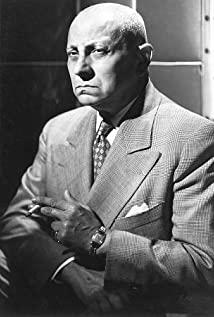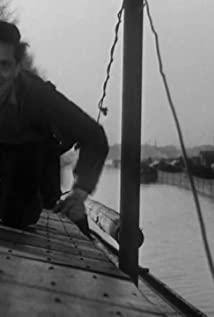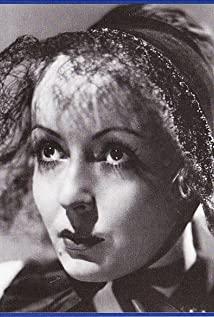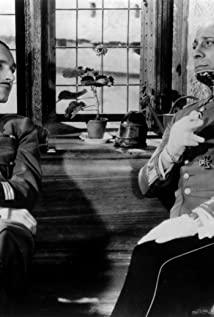-
Jimmy 2022-01-07 15:53:50
Big phantom, little luck
The story of the prison escape from the prison camp is neither nervous nor humorous. It is a bit weird to describe it, and it looks like two to two. The big phantom, the little is fortunate.
Three prisoners of war and one warden.
Two commoners, two nobles.
The four different camps and classes... -
Holden 2022-01-07 15:53:50
Personal interpretation: "Disillusionment in the Great Disillusionment"
---------------This article is a coursework, so the text is more serious and serious. Just as a memorial. ------------
As a war movie reflecting the First World War, "The Great Disillusionment" has no violent or bloody elements. Instead, it uses a gentle and gradual narrative technique to render...
-
Michelle 2022-04-22 07:01:42
Looking at the first half, I thought it was a comedy story with "more joy in the prisoner of war camp". "Boundaries are made by men, not nature." The most valuable part is undoubtedly the flash of human nature without borders. In wartime, prisoners and fugitives can also survive as human beings, and be respected and treated as human beings.
-
Toney 2022-03-24 09:02:50
As the first Prison Break movie, the anti-war core is presented through a very peaceful story structure and format, which I think is very soft. I like the title very much, although it represents a protracted war that far exceeds expectations.
Related articles
-
Lieutenant Maréchal: It's not a very common disease in high society. Eh, Boeldieu?
Capt. de Boeldieu: Yes, but it's a vanishing privilege. Like so much else, it's become popularized. Cancer and gout are not working-class diseases, but they will be, believe me.
Lieutenant Rosenthal: How about intellectuals?
Le lieutenant Demolder: In our case, tuberculosis.
Capt. de Boeldieu: Here's Mr. Pindar.
Lieutenant Maréchal: And the middle-class?
Lieutenant Rosenthal: Liver ulcers, they eat too much. We'd each die of our own class aliment, if war didn't make all germs equal.
-
Capt. von Rauffenstein: Give me your word that there is nothing in here against regulations.
Capt. de Boeldieu: You have my word. But why mine rather than the others?
Capt. von Rauffenstein: The word of a Rosenthal? Or a Maréchal?
Capt. de Boeldieu: Their word is as good as ours.
Capt. von Rauffenstein: Perhaps.



















































